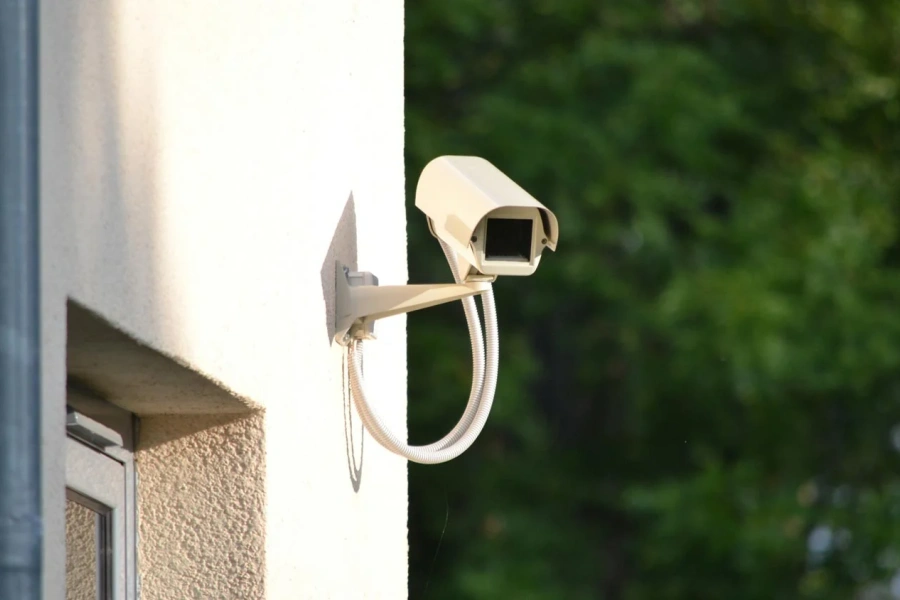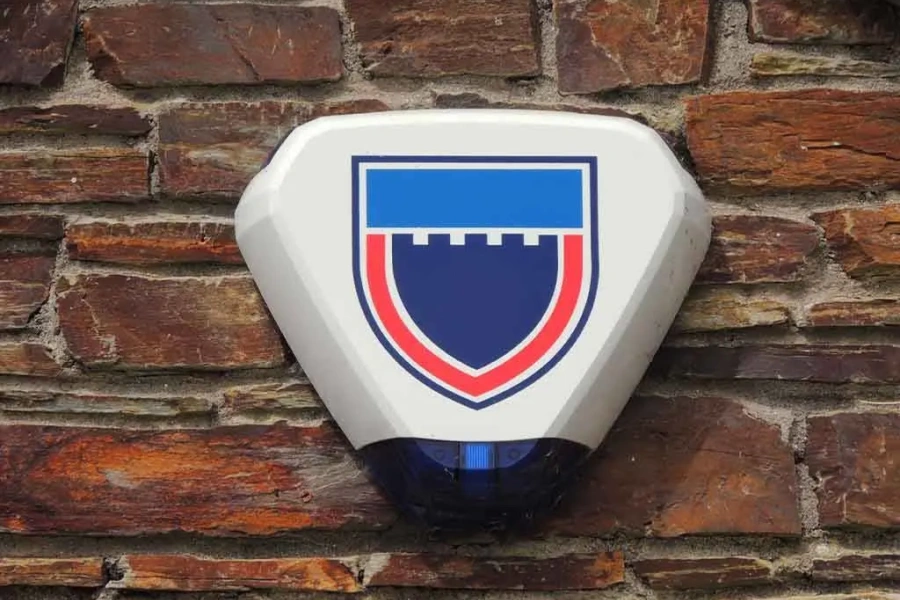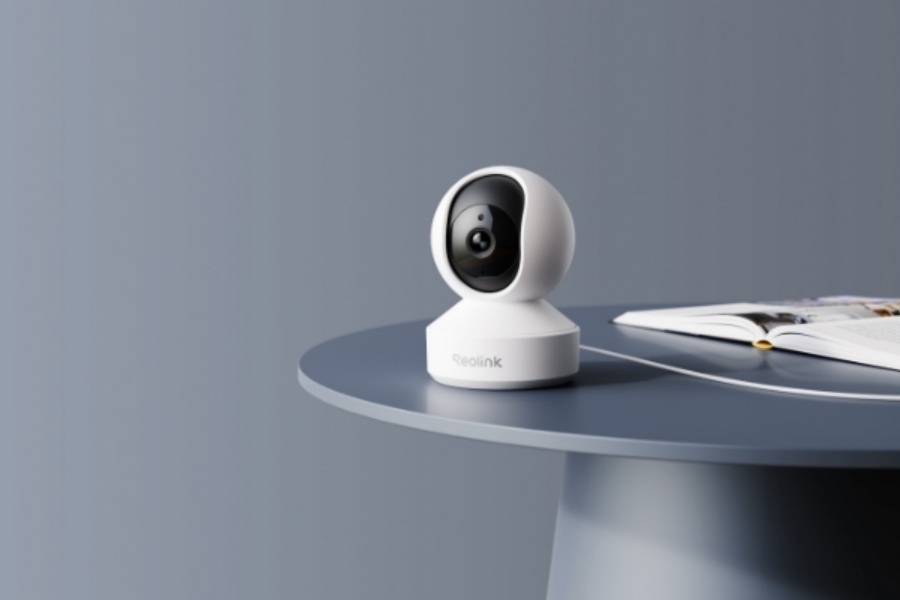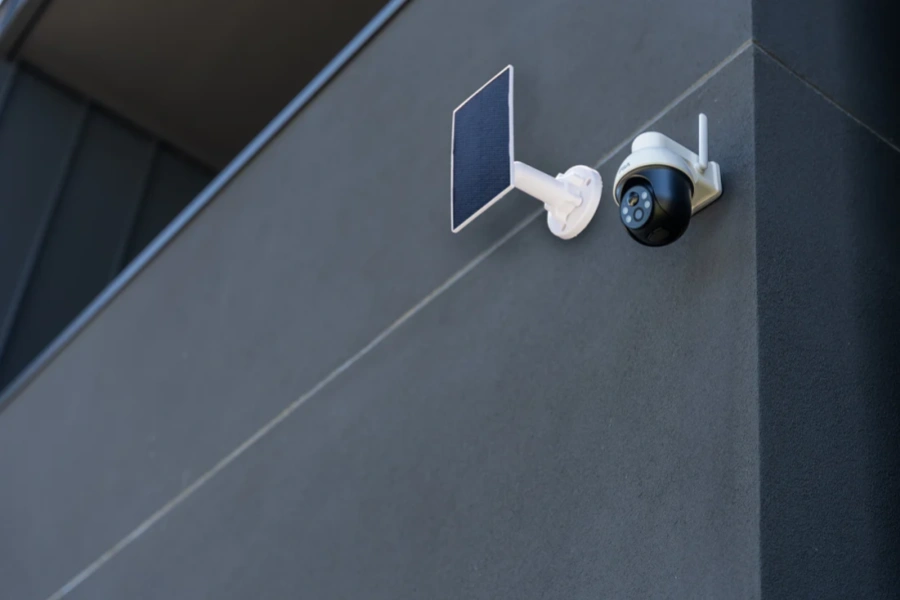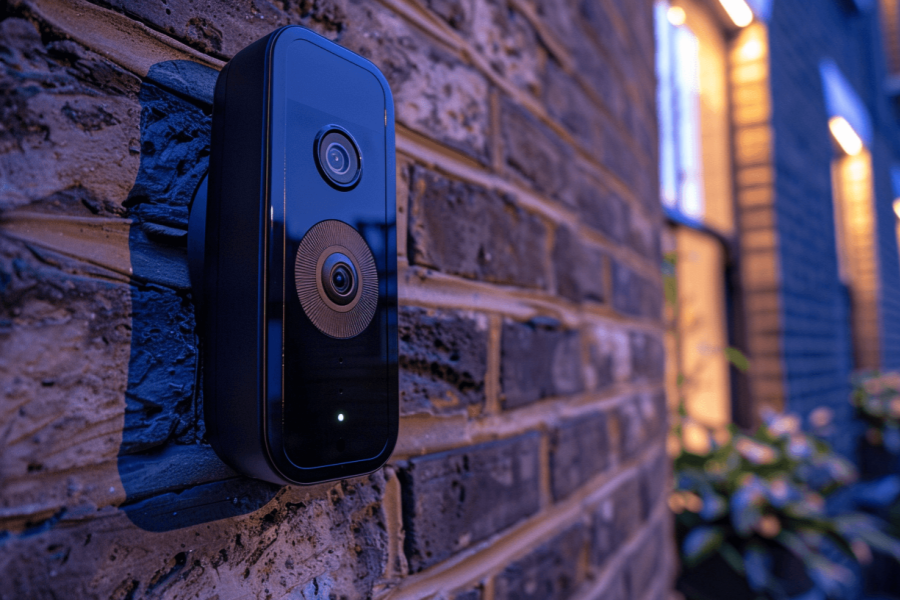The versatility of security cameras is another significant advantage. Homeowners can choose from indoor and outdoor models, each designed to withstand different environmental conditions. Outdoor cameras are typically weatherproof and equipped with features such as night vision and motion detection. These features enable continuous monitoring regardless of the time of day, ensuring that any suspicious activity is recorded. Indoor cameras, on the other hand, can be used to keep an eye on pets, children, or vulnerable areas of the home.
Integration with smart home systems enhances the functionality of security cameras. Many modern cameras can connect to Wi-Fi networks, allowing users to access live feeds through mobile applications. This remote access means homeowners can monitor their property from anywhere, whether at work or on vacation. Some systems even allow for two-way audio, enabling users to communicate with visitors or deter intruders directly through the camera.
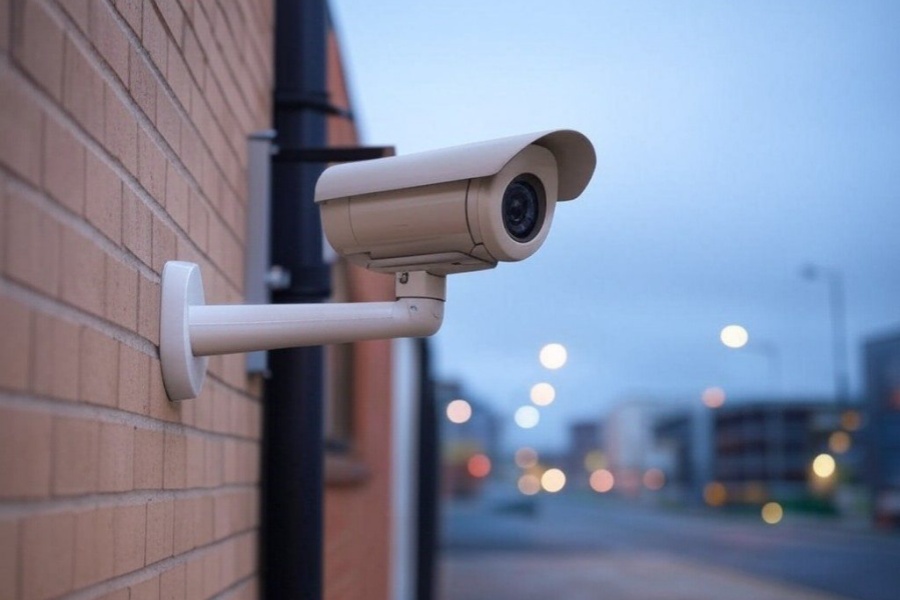
When selecting security cameras, it is essential to consider the field of view. Cameras with a wider angle can cover more area, reducing the number of devices needed to monitor a space effectively. Additionally, features such as pan and tilt capabilities allow users to adjust the camera’s position remotely, further enhancing surveillance coverage. This flexibility is particularly valuable for larger properties where a single camera may not suffice.
Customer reviews provide valuable insights when evaluating different security camera options. Homeowners often share their experiences regarding installation processes, ease of use, and reliability. Positive feedback can highlight the effectiveness of specific features, while negative reviews may reveal potential shortcomings. Researching customer experiences can guide buyers in selecting a camera that meets their specific needs.
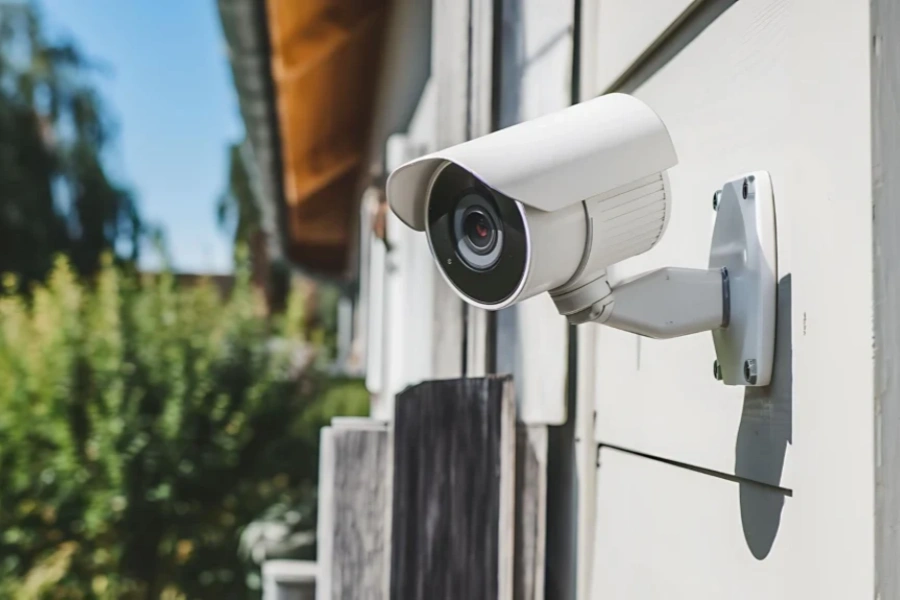
Cost is an important consideration when investing in security cameras. While there are budget-friendly options available, it is essential to balance price with quality and features. Higher-priced models may offer advanced capabilities such as cloud storage, which allows for easy access to recorded footage from anywhere. This feature can be particularly beneficial for those who want to review past events or provide evidence to authorities if necessary.
Privacy concerns are also a significant aspect of using security cameras. Homeowners should be aware of local laws regarding video surveillance, especially in shared spaces. Establishing clear guidelines on where cameras are placed and ensuring that they do not infringe on neighbors’ privacy can help maintain good relationships within the community.
With the right features and careful consideration of placement, homeowners can create a comprehensive surveillance system that provides peace of mind and security. The integration of technology continues to evolve, making security cameras an essential investment for those looking to protect their homes and loved ones.

